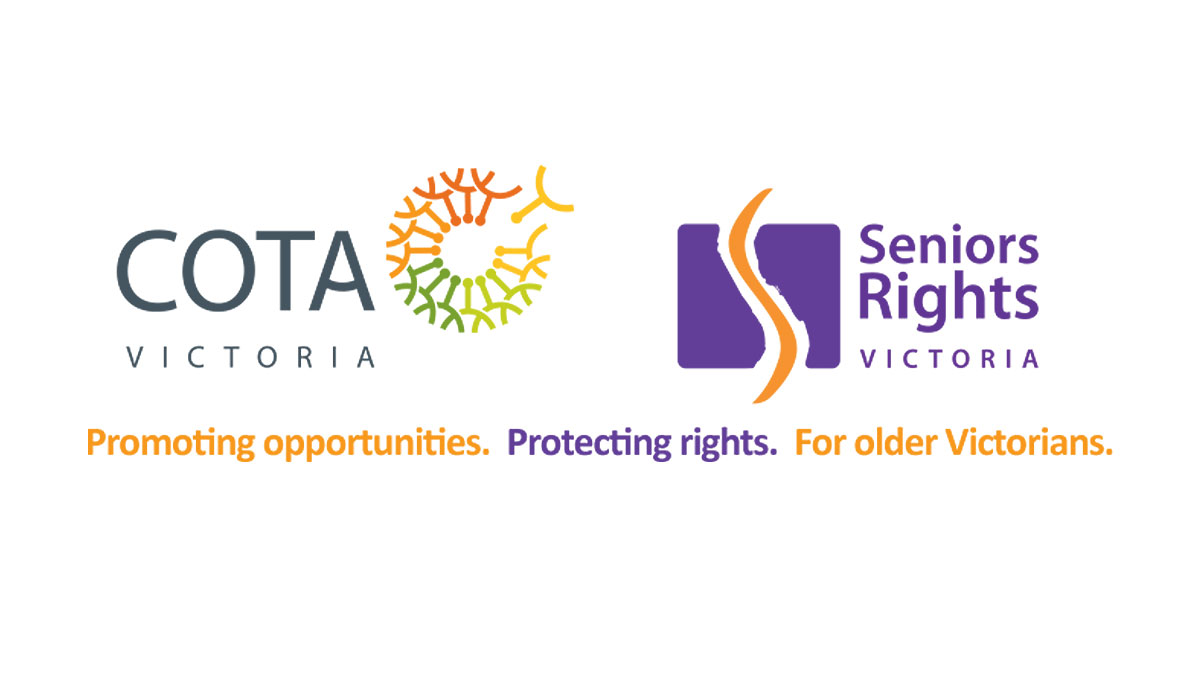While we’re all living under COVID-19 restrictions, you can still visit your GP and other health care services. You can also leave home to get medicine and medical supplies. In some cases, though, you may be able to access what you need without even leaving your home.
Below, we’ve brought together information about how to access a range of health services during restrictions. For the most up-to-date information on Victorian restrictions, call the coronavirus hotline on 1800 675 398 or visit www.coronavirus.vic.gov.au.au.
GP appointments
There are no restrictions on GP visits, and you should continue to see your doctor as needed. Depending on your concern, your appointment might be done over the telephone, rather than in person. With telehealth, you can access bulk billed consultations with your GP remotely, most likely over the telephone. If you and your doctor both use the right technology, you may also have the option of a video conference appointment.
Telehealth is especially useful if the matter is simple, such as a repeat prescription, routine chronic disease management or discussion of an acute illness or injury.
Of course, not every health complaint can be resolved using telehealth. Your doctor might still decide to make a face-to-face appointment to see you after talking to you over the phone.
GP appointments after hours
If you get sick after hours, you may be able to access a bulk billed home visit through the National Home Doctor service. You don’t need to go anywhere – the doctor will come to you. The most common ailments that are treated through the national home doctor service include:
- acute respiratory infections
- asthma
- skin infections and rashes
- urinary tract infections
- gastro
- eye complaints
- neck, back and hip pain
- migraine and acute headache
Make an appointment by calling 13 74 25 from 6pm weekdays, 12 noon Saturday, all day Sunday and public holidays.
Allied health
The term ‘allied health’ covers a wide range of services, such as:
- psychologists
- physiotherapists
- occupational therapists
- chiropractors
- podiatrists
- optometrists
- speech pathologists
- osteopaths
- accredited exercise physiologists.
Face-to-face appointments with allied health professionals are only permitted for critical care. This means that the appointment must be needed to prevent a deterioration in your ability to function in your daily life or remain living at home.
Depending on what the service you need to access, telehealth may also be an option. There are no restrictions on telehealth appointments for allied health. This means that you can use telehealth to access non-critical routine appointments and check-ups that are not permitted face-to-face.
Dental care
You can access emergency dental care if the problem you are experiencing is likely to worsen without treatment.
Emergency care covers a number of different complaints. Some examples include:
- trauma to the face
- swelling of the face
- ongoing bleeding
- a mouth sore or ulcer that hasn’t healed for two or more weeks
- severe pain that stops you from sleeping
- a tooth fracture
- a tooth being knocked out.
If you aren’t sure whether the issue you are experiencing is urgent, call your dentist.
Elective surgery
When you are assessed as requiring elective surgery, your surgeon will categorise you as one of the following:
- Urgent (Category 1: treatment within 30 days)
- Semi-urgent (Category 2: treatment within 90 days)
- Non-urgent (Category 3: treatment within 12 months)
All Category 3 and non-urgent Category 2 surgery has been paused. Category 1 and urgent Category 2 surgeries are still going ahead.
The Premier has suggested that some changes to arrangements for elective surgery may come into effect on 14 September. However at the time of writing, these arrangements had not yet been finalised.
Pathology
Pathologists are still open. If you need to have blood taken but are hesitant to attend a face-to-face appointment, you might like to see if a pathologist can come to your home. Many pathologists offer this service. As your doctor for more information.
Medicines and other medical supplies
You’re allowed to leave your home to pick up medication and other medical supplies. However, if you don’t feel comfortable leaving home, ask your pharmacy if they can make a delivery to you. The Pharmacy Home Delivery service allows eligible members of the community to get free delivery on medication and other essential supplies once a month. The program is available for people who:
- have been advised by a doctor to self-isolate
- are 70 years old and over
- have a chronic health condition
Talk to your local pharmacy to find out more.
Travelling to appointments
We know that many older people are fearful of catching public transport at the moment. If public transport isn’t an option and you can’t drive yourself to an appointment, it’s still okay for a friend or family member to take you – as long as you are both wearing a mask.
